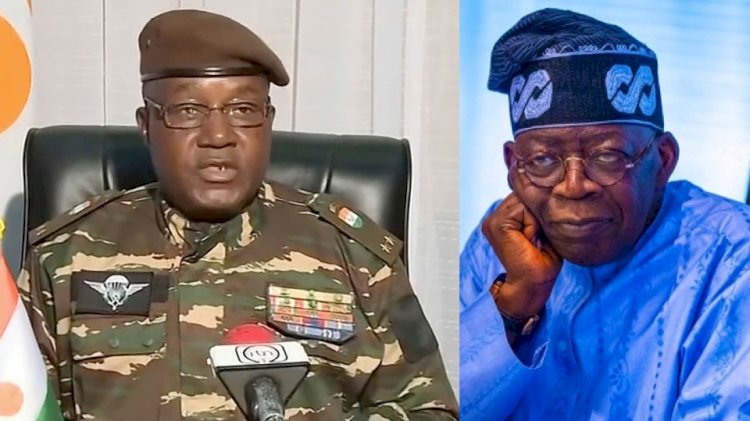Relations between Niger and Nigeria have been strained since Niger's 2023 military coup, which severed ties with the Economic Community of West African States (ECOWAS).
Nigeria’s President Bola Ahmed Tinubu, who chairs ECOWAS, had briefly considered a military intervention to restore ousted Nigerien President Mohamed Bazoum.
Despite a temporary improvement in August when both nations resumed security cooperation, relations have soured again. On Wednesday, Niger's Foreign Minister Bakary Yaou Sangare claimed Nigeria was providing refuge to officials of the former regime and collaborating with foreign powers against Niger.
“Despite efforts to normalize relations, we regret that Nigeria has not given up on serving as a rear base for the destabilization of Niger with the complicity of some foreign powers and officials of the former regime,” Sangare said in a statement broadcast on national television Thursday.
In August, Nigeria’s military leadership had pledged not to destabilize Niger or its neighbors, and Niger expressed readiness to participate actively in the Multinational Joint Task Force (MNJT). The MNJT, involving Niger, Nigeria, Chad, and Cameroon, plays a key role in combating jihadist groups operating across their shared borders.
Niger continues to battle jihadist factions linked to the Islamic State group, Al-Qaeda, and Boko Haram in the Tillaberi and Diffa regions. Meanwhile, the junta has strengthened ties with fellow military-led governments in Mali and Burkina Faso, forming the Alliance of Sahel States (AES) for strategic cooperation.






















